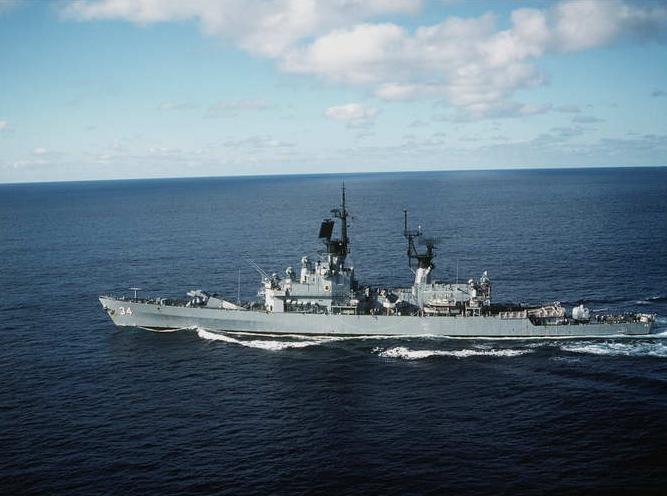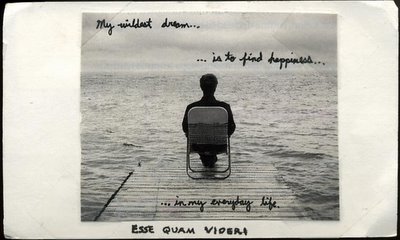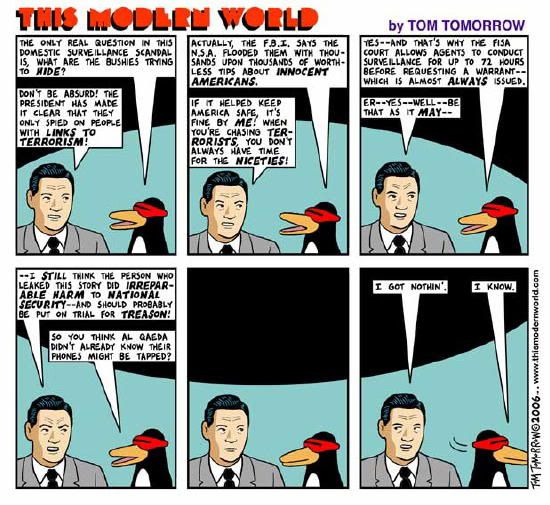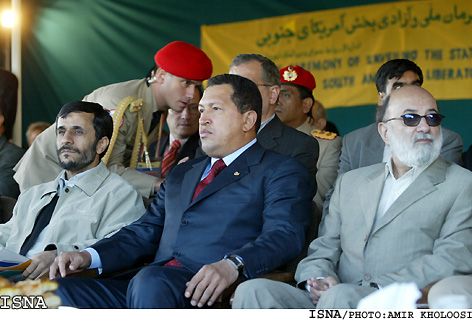My First Year in the Navy

Iwo Jima Class Amphibious Assault Ship, LPH 
USS Jouett (CG-29)
It's been a while since I wrote about my adventure in the Navy, and I feel the urge to get back into it now, so ...
After graduating from Officer Candidate School in Newport, RI in Feb of 1981, I was to eventually to make my way to the USS Tripoli, which was homeported in San Diego, CA. The Tripoli was an LPH, an Iwo Jima class amphibious assault ship - all but one of this ship class, the "one" being the USS Inchon which is serving as a mine countermeasure ship, are decommissioned, with Tripoli taken out of service in 1995. She was large in size as ships go -
not as big as a modern aircraft carrier (though to get a sense of her size, the first three ships designated as LPHs, which were built differently from the later LPHs, were Essex-class aircraft carriers from WWII - today's carriers are about twice the size of the fully loaded Essex class ships) but bigger than the average surface ship floating around in the inventory at that time.
Going to the Tripoli wasn't what you'd call an ideal job for a new surface officer (the Navy's communities were broken into three main groups (there are many small communities as well, but the three main groups make up the lion's share of the Navy community), aviators who went to fly, submariners who went to submarines, and surface officers who went to any of the many ships in the Navy's surface ship inventory) inasmuch as LPHs weren't considered "fighting" ships like frigates, destroyers, cruisers, and, at the time once again, battleships were. Moreover an LPH supported two functions that the surface line community didn't have much use for, Marines (she carried a little over 1700 Marines during a deployment) and helicopters used to deliver Marines to the beach, or wherever they were to "storm". The ship's captain was a Navy aviator, similar to a "regular" aircraft carrier and in keeping with the ship's primary raison d’être, which was aviation focused. So Tripoli was designed to support Marines and aviation, which meant that surface warfare officers (SWOs), who were really on the Earth to support war at sea on board ships with guns and missiles, neither of which had much place on an LPH, didn't have much of a place on board. Bottom line, not what you'd consider to be an optimal assignment for a new surface officer.
The one good thing about the Tripoli was that she was on the west coast, which was ultimately where I wanted to go just to be somewhere different for a few years having lived in NYC my whole life. On the whole it didn't matter much to me that I wasn't going to an ideal SWO slot, though it did rub me wrong to some degree. This all came down to my class standing, never
particularly high due to my low grades in military bearing and the general sense of my company officer (shared with me in private one day during a "counseling" session) that on some level I didn't really see myself as belonging in this organization. The higher up in class rank you were the more options you had to for going to what you wanted to go, wherever that might be, and running in essentially in the middle of the pack didn't leave many options, though getting on the west coast wasn't that hard.
I left Rhode Island in February to go to Surface Warfare Officer School (SWOS) in San Diego, CA. At that time there was a SWOS on the east coast and one on the west coast, and those assigned to west coast ships went to San Diego for SWOS. SWOS training was a 20 week school for all new surface warfare officers going to ships for the first time, at least as officers (there was a number of us who were prior-enlisted personnel before going to OCS and they'd been on ships before.) You learned all the basics here, and if there was a need for follow-on schools you left from SWOS to those, and then finally wound up at whatever ship you'd be assigned to. The problem for me was that school didn't start until June, leaving me with three months in between. The Navy had a way of dealing with this, as one would expect, and that was to send new officers in-between schools as "stashes" on ships - this way the Navy didn't have to pay per diem or living expenses, and ostensibly the newly minted Navy Ensigns would get some bonafide experience to help season them as new officers. My stash assignment was to the USS Jouett (CG-29), a cruiser in what was termed at the time a baseline overhaul, which essentially meant she was having major work done on her from stem to stern, all at the Long Beach Naval Shipyard. At the time Long Beach was a shipyard actually owned and operated by the Navy, a business it has since gotten itself out of.
The Jouett was a cruiser (she, along with the rest of her class, was decommissioned in the 1993 to 1995 time frame after 30 years of service), an honest-to-God fighting ship, with a weapons suite that at the time was pretty much going to be top-of-the-line as these things go as soon as she was done with her overhaul. Jouett was one of 9 Belknap class cruisers, which meant she had a single 5" gun aft and a double-armed missile mount forward (in the lingo of the day a "double-armed bandit".). She also carried torpedoes and anti-submarine rockets which gave her an independent anti-submarine warfare (ASW) capability, and she was outfitted with quad-tubes carrying a total of 8 Harpoon anti-ship missiles when they came into fad in the 80's. The Belknap stood in contrast to the other predominate cruiser class at the time, the Leahy-class cruisers (all nine of those decommissioned in the same time frame as the Belknaps), whose main difference was in having two missile launchers, a double-armed launcher both forward and aft; in all other respects the ships were essentially the same, with the same appearance and engineering suite.
At this point in my life, a new Navy Ensign, going to California, I was in for quite an adventure and one that at the start was so for reasons I wouldn't have expected. Long Beach Naval Shipyard, as it turns out, is found between the cities of Long Beach to the south, and San Pedro to the north. The facility itself was located on an island, very aptly named Terminal Island, situated in between both cities and connected to them via a long bridge, half of which started in San Pedro (or Long Beach, your choice) and ended on Terminal Island, and then started on Terminal Island and ended in Long Beach. My problem was that I came to Terminal Island sans a driver's license, which therefore meant that my only way of getting from the base to anywhere else was through the good graces of a shipmate or via public transportation, and I soon came to realize that California's notion of public transportation comes nowhere near what I came to expect and understand growing up in NYC.
Well that sets the stage for the first part of my beginning year in the Navy, till next time ...











